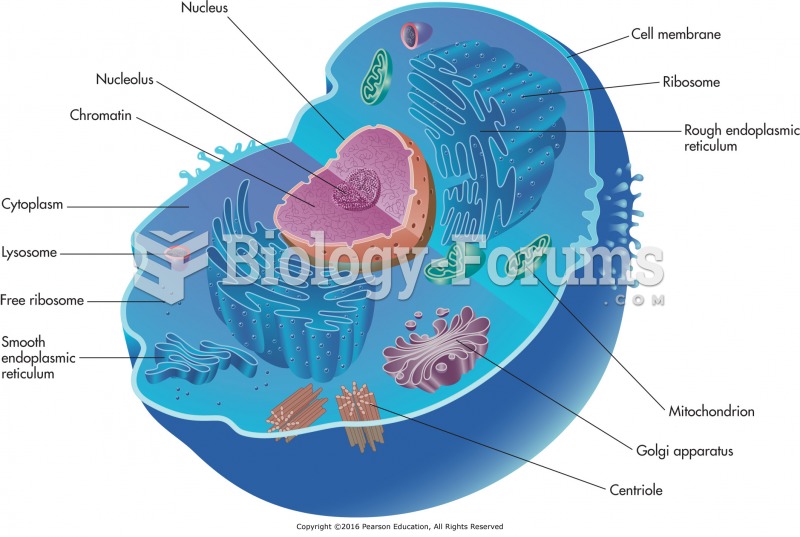Answer to Question 1
Correct Answer: 4
Rationale 1: The peripheral nervous system has a sensory division and a motor division.
Rationale 2: Nerves that carry impulses to the brain are part of the peripheral nervous system.
Rationale 3: Nerves that deliver messages to vital organs are part of the peripheral nervous system.
Rationale 4: The parts of the nervous system are the central nervous system and the peripheral nervous system.
Global Rationale: The parts of the nervous system are the central nervous system and the peripheral nervous system. The peripheral nervous system has a sensory division and a motor division. Nerves that carry impulses to the brain or delivery messages to vital organs are part of the peripheral nervous system.
Answer to Question 2
Correct Answer: 1,3,4
Rationale 1: The nervous system is the master controller of most activities occurring within the body alerting the brain to internal and external environments changes, determining appropriate responses to these changes, and producing an action or response.
Rationale 2: The peripheral nervous system, particularly the autonomic nervous system, controls the secretion of gastric glands.
Rationale 3: The nervous system is the master controller of most activities occurring within the body, alerting the brain to internal and external environment changes, determining appropriate responses to these changes, and producing an action or response.
Rationale 4: The nervous system is the master controller of most activities occurring within the body, alerting the brain to internal and external environments changes, determining appropriate responses to these changes, and producing an action or response.
Rationale 5: The sympathetic nervous system produces a set of actions called the fight-or-flight response that ready the body in the event of a threat.
Global Rationale: The nervous system is the master controller of most activities occurring within the body alerting the brain to internal and external environments changes, determining appropriate responses to these changes, and producing an action or response. The nervous system is the master controller of most activities occurring within the body, alerting the brain to internal and external environment changes, determining appropriate responses to these changes, and producing an action or response. The nervous system is the master controller of most activities occurring within the body, alerting the brain to internal and external environments changes, determining appropriate responses to these changes, and producing an action or response. The peripheral nervous system, particularly the autonomic nervous system, controls the secretion of gastric glands. The sympathetic nervous system produces a set of actions called the fight-or-flight response that ready the body in the event of a threat.







